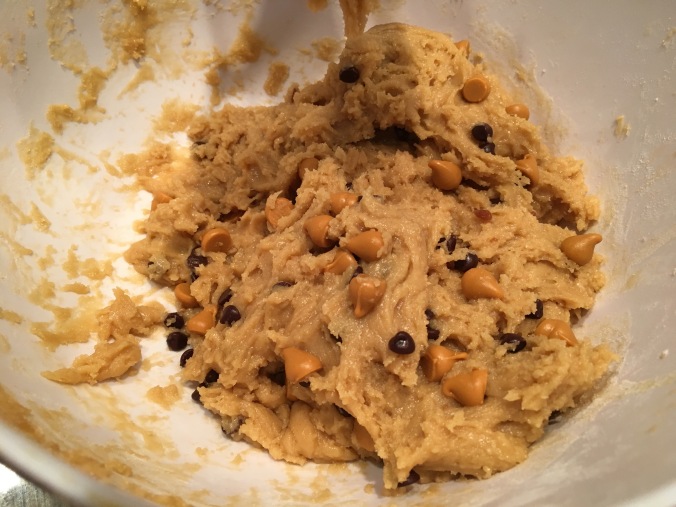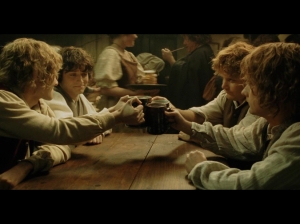I’d like to remember you with a poem,
Not an assignment or a free response to some prompt,
But a dedication for all you’ve done for me.
It’s just that I’ve been dropping years into the water
For quite some time, trying to fill the well
Until I’d know where to begin,
And the truth is I couldn’t write one if I tried.
To tell how firmly rooted you are in my memory, my life,
I’d have to haul out the early timbers
And diagram my gratitude from the ground up,
Fastened together by predicates and adjectives.
I’d also owe you for each figure of speech,
For it was you who first lay my young ears against the railroad
To hear the aching distance
Where words and meanings surge with locomotion,
Carrying the freight of all my poems to the paper.
Not to mention the box of highlighted quotations,
Underlined passages and dog-eared pages I have stored away
In the attic of my mind,
I climb up there often to smell the time that has passed.
No, I couldn’t write a poem like that,
For you don’t know how I’d seen you on the mountaintop
All those years ago,
Your eyes looking toward the sweet mint of the pine,
Brimming with vision, clear as prayer.
There, your hands held the robins’ feet of souls,
Nestled gently in the worn creases,
Looking for light.
So near the wonders of heaven, you discovered
The language of God in poetic rhythm,
The muffled drums of meter and the pounding pulse of students,
Poems reading poems.
You taught me to carve my name into every stripe of sunlight,
Grab the wind with my ready hands, pull the sky around my shoulders,
Cloaking myself for flight.
What’s more, you emptied out the plastic bin
Of imagery and motion, assembled a thousand amplifiers
Pointed to my chest,
And gave me the keys to my voice
That I might hear myself for the first time.
So the only thing I can say is that the poem I would write
If I could
Would end with a single image, not the firm grip
Of your fingers on a sharpened pencil, or the quiet burn of lamplight
Over your late hours of grading,
But rather, the moment
You descended the sharp, granite surface,
Found me at the foot of my future,
And handed me a torch.




 It is often said that in the land of the blind, the one-eyed man is king. Yet, what must be said of the two-eyed man?
It is often said that in the land of the blind, the one-eyed man is king. Yet, what must be said of the two-eyed man? In an age of rampant cynicism, intense narcissism, and deep defiance toward absolutes such as truth, goodness, and beauty, the ache for passionate and rich festivity must burn ever more feverishly in our hearts. This sour world, lost in the mirrors of its vanity and drowning in the white noise of feeds, posts, snaps, and late-night binges, is in dire need of a good feast, what Tolkien saw as an evening by the fire, filled with boisterous laughter and great dancing. Or, as Lewis saw, what greater way to herald the breaking of winter than the carousing of creatures at the coming of spring? The promise of resurrection is a great promise, full and strong, breaking like the tide against this screen-drunk land.
In an age of rampant cynicism, intense narcissism, and deep defiance toward absolutes such as truth, goodness, and beauty, the ache for passionate and rich festivity must burn ever more feverishly in our hearts. This sour world, lost in the mirrors of its vanity and drowning in the white noise of feeds, posts, snaps, and late-night binges, is in dire need of a good feast, what Tolkien saw as an evening by the fire, filled with boisterous laughter and great dancing. Or, as Lewis saw, what greater way to herald the breaking of winter than the carousing of creatures at the coming of spring? The promise of resurrection is a great promise, full and strong, breaking like the tide against this screen-drunk land. Over the past few days, I have been steadily considering two separate trains of thought that recently have converged into a single desire. Let me explain.
Over the past few days, I have been steadily considering two separate trains of thought that recently have converged into a single desire. Let me explain.